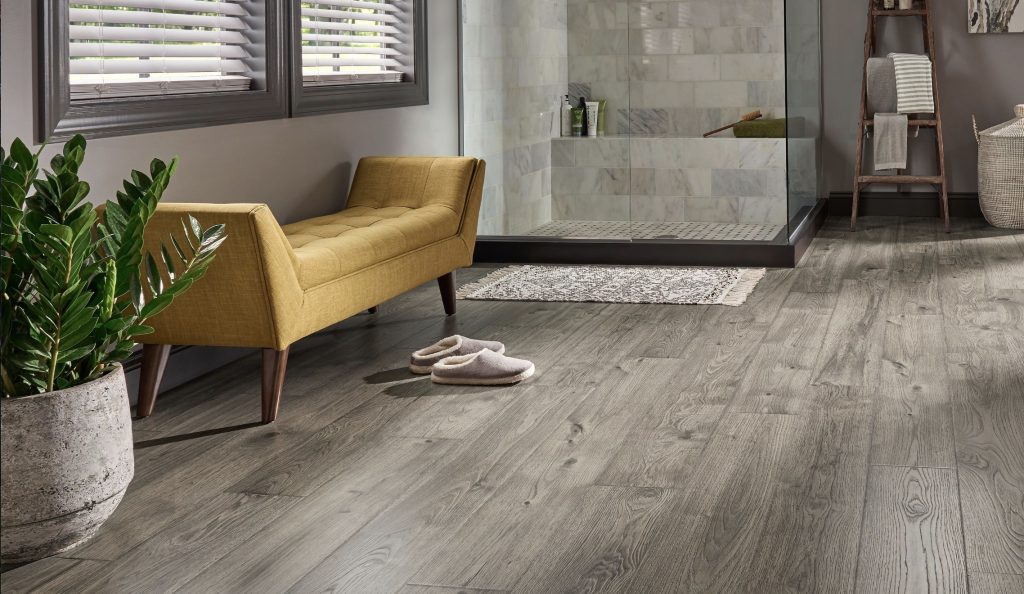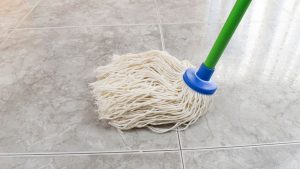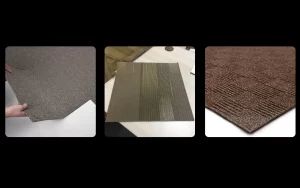What are floating floors?
Floating floors are new floors that are installed by floating over the subfloor and underlayment of existing floors. Due to their ease and convenience, we have seen an increase in demand in the design world. As they become more popular their style options have expanded and have become more accessible to homeowners.

Floating Floors & Residential Spaces
Floating engineered hardwood floors are great for residential spaces (where wheelchairs are not in the equation) and DIYers. We suggest being cautious when installing them in bathrooms, laundry rooms, and basements – any place where moisture is an issue but other than that they are great options for residential spaces!
Floating Floor Pros
As mentioned before there are many positive aspects to floating floors. The install method is cost-effective and incredibly easy to install! It is a popular install method for those who want beautiful flooring on a budget as it’s easy to DIY. Another pro is how easy it is to maintain against wear and tear. If your floor gets scratched or damaged there’s no need to replace the entire floor, simply replace the damaged plank with a new one and it’s as good as new!
Floating Floor Cons
Floating floors might be awesome but there are definitely some negative aspects to them as well. Some disadvantages must be addressed before choosing them for your home or retail space. Floating floors amplify sound so if you are designing a soundproof or quiet study room this might not be the best option for you.
What you see is what you get with these floors, these types of floors can not be refinished or restrained, which is definitely something to keep in mind. Floating floors are also more sensitive to humidity and moisture. If they are exposed in excess to moisture a floating floor can warp, pit, or even start growing mold which may require more financial capital while definitely requiring more effort to maintain in a long run.
Floating Floors & Wheelchairs
If you are remodeling a retail space or live with wheelchair-bound individuals we suggest steering clear of floors that are floating. Wheelchairs will cause your floors to show signs of wear and tear more quickly. When it comes to floating floors there is a layer of air between the subfloor and the floor you walk on so the added pressure of wheels causes it to wear quicker than solid glued-down floors.







